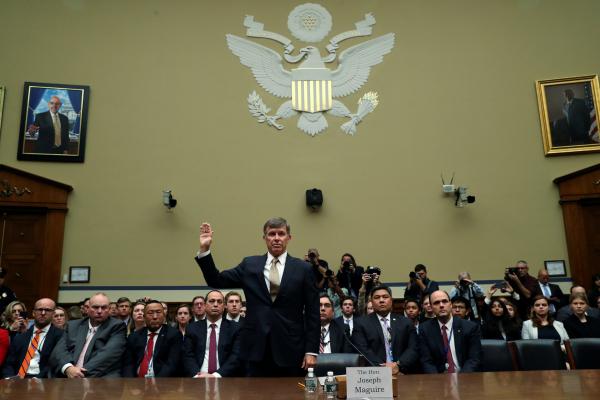Sep 27, 2019
I found some fundamental questions Jesus asked or were prompted in others by the things he said and did — eight Jesus questions — that resonate as so completely relevant to the time we are in. A crisis is both a danger and an opportunity, a great danger to marginalized people who have been put in such risk, but also an opportunity for all of us to re-discover Jesus — to reclaim Jesus, to go back to him. That’s why I wrote this book Christ in Crisis: Why We Need to Reclaim Jesus, to lift up these core Jesus questions, which are both so timely and yet so timeless. I knew the book would likely be timely when it came out this fall; but couldn’t have imagined how dramatic that timing would be.
Read the Full Article

Already a subscriber? Login
